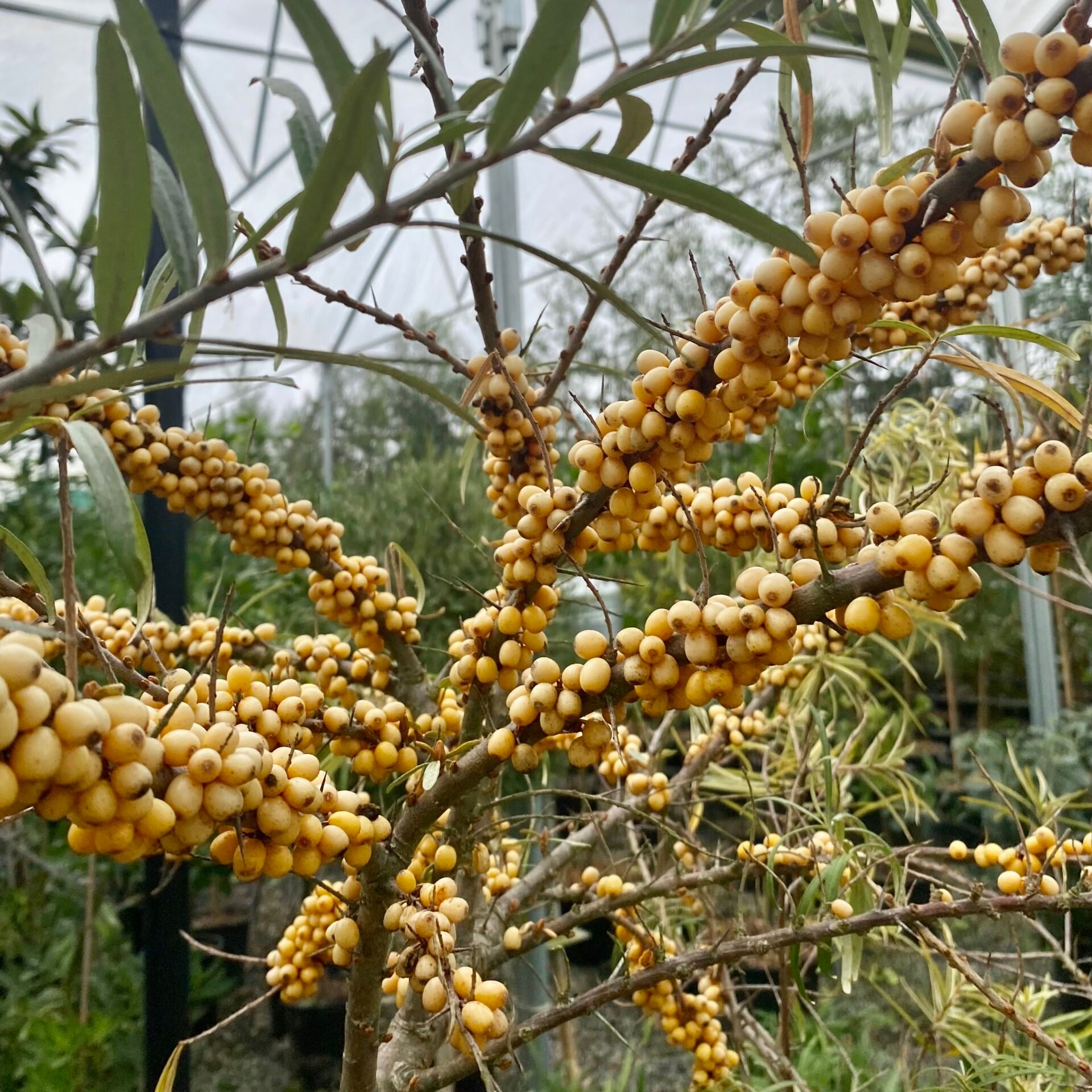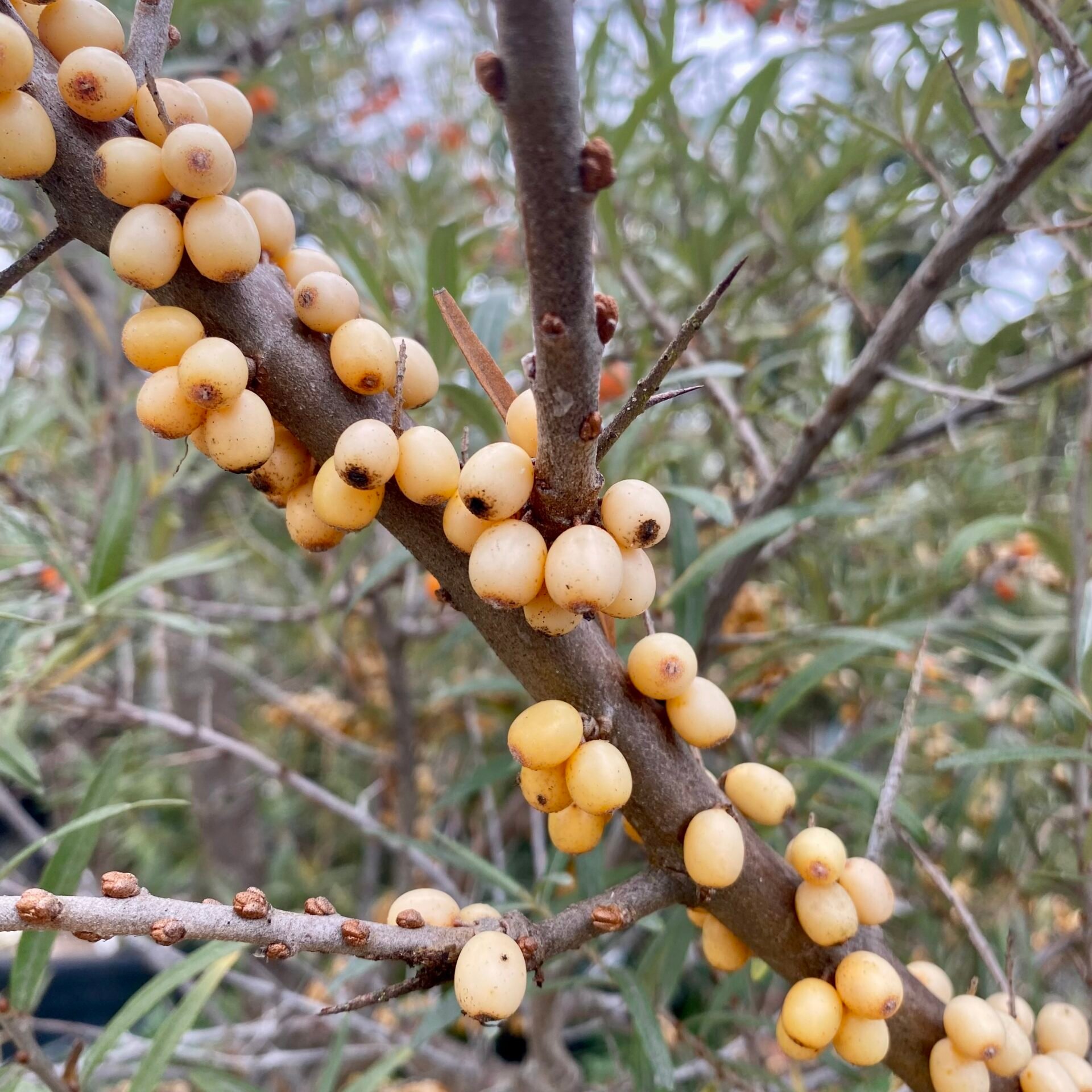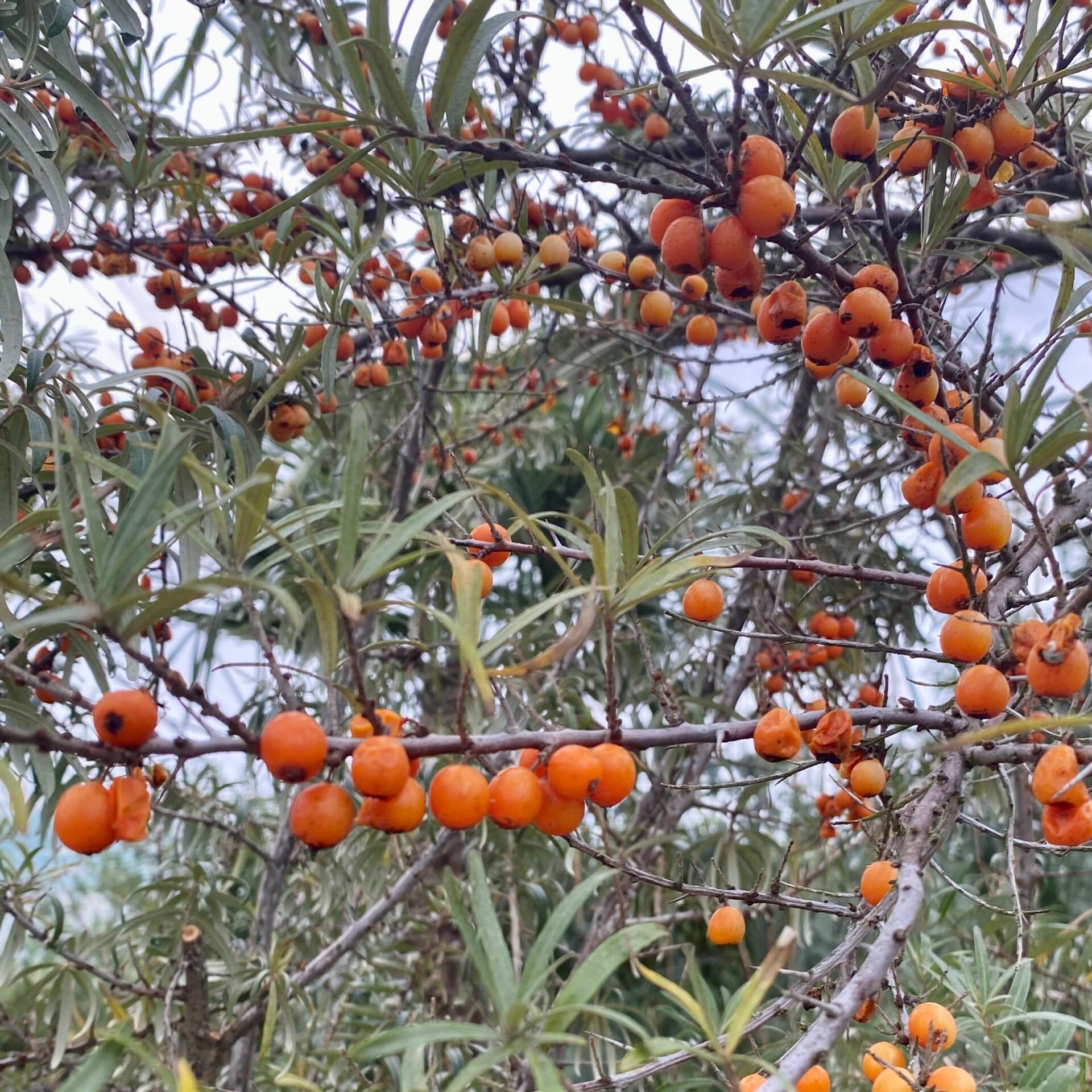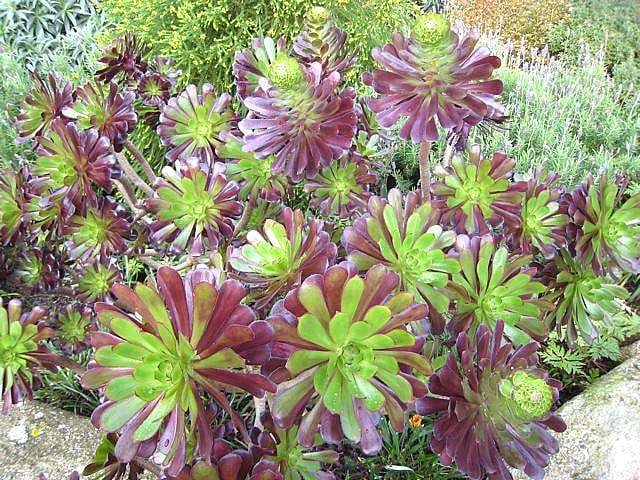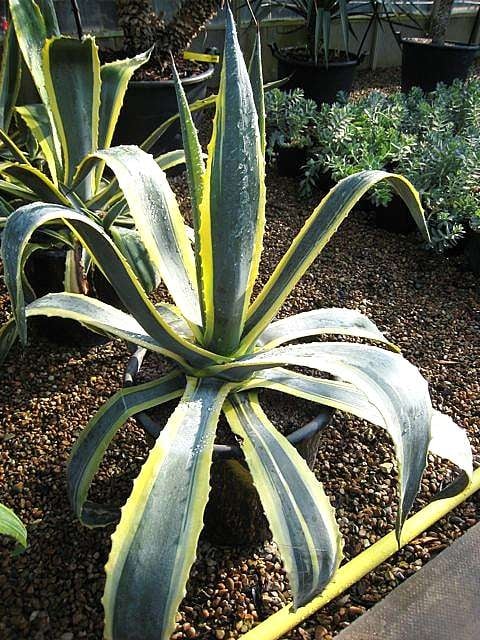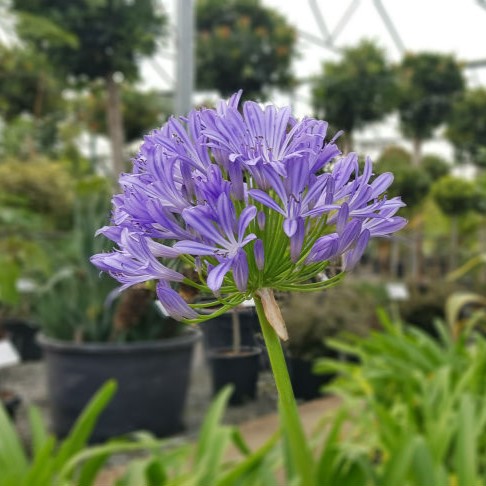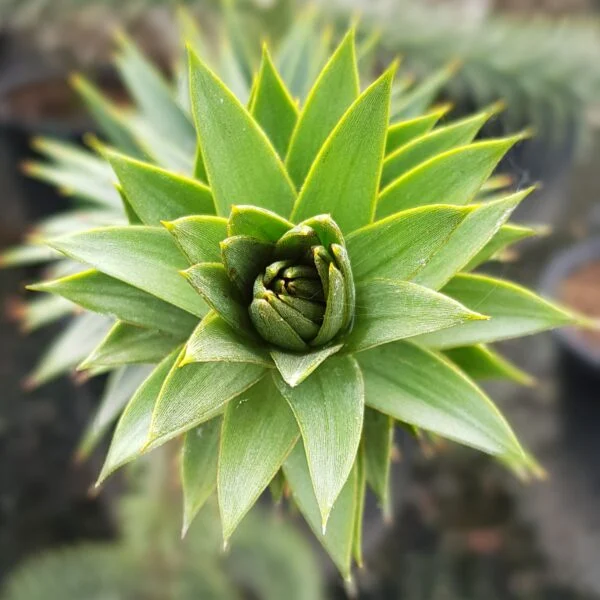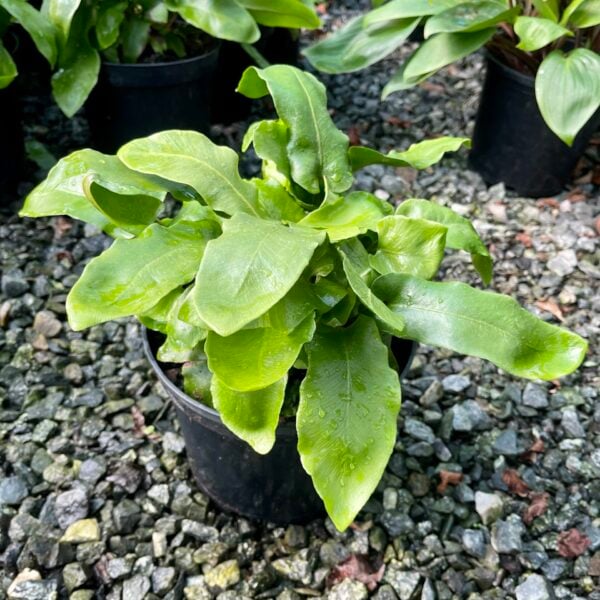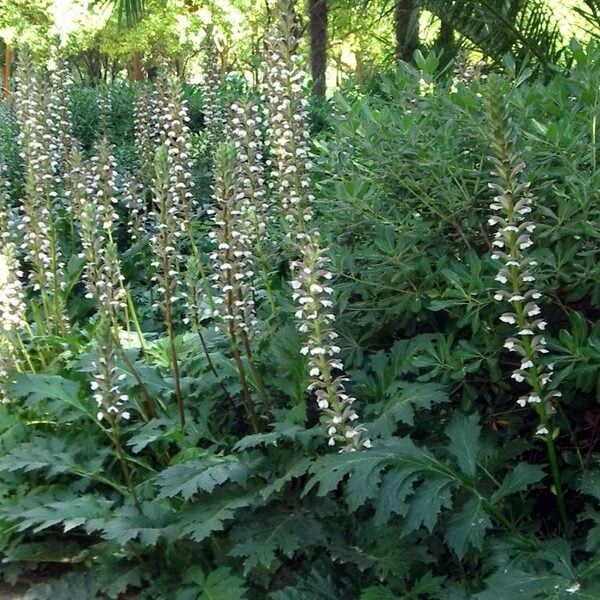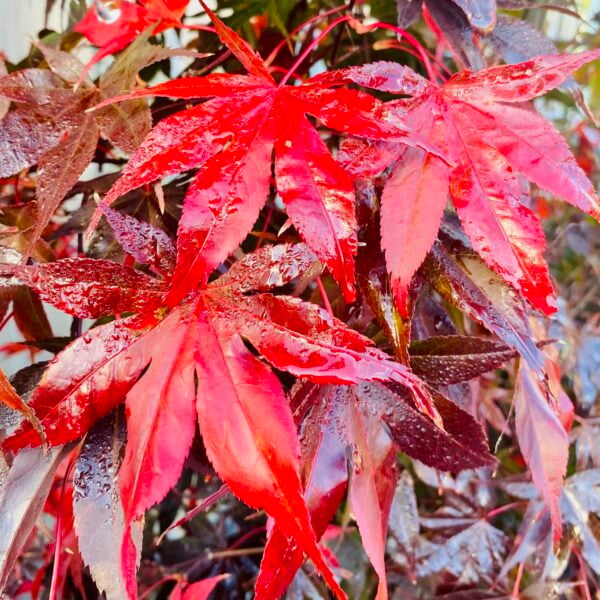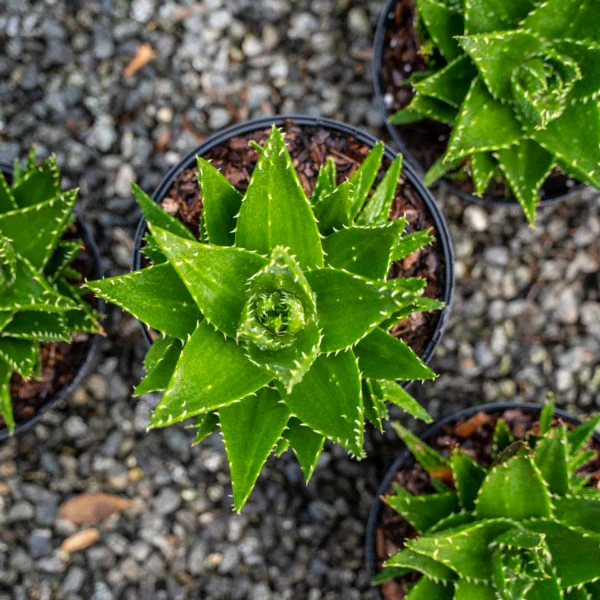Hippophae Rhamnoides (Sea Buckthorn)
The ultimate coastal plant! This semi deciduous, hardy, suckering plant has deep roots and is drought and salt tolerant. Please contact us for stock availability and sizes.

Hardiness level Green
The ultimate coastal plant! If your garden regularly has seagulls whizzing horizontally across it and you need some staunch uprighty-ness for form and structure, then you’d go a long way (horizontally) before finding a better example than this one. Semi deciduous and native to N. Europe (including these windy isles) and Asia, Sea Buckthorn is extremely hardy, completely unfazed by exposed locations and thanks to its deep roots is both drought and salt tolerant to boot. The leaves have a lovely hazy green-grey colour, each silvery and slim and held unshakably along knobbly Twiglet stems.
It is quite spiny too, and a single specimen can reach around 4metres in height with a capricious flourish of slender branches. Quite open-textured in this way, and lovely to see it sculpted by the elements.
Additionally, if you were to plant a few in a row it is excellent for hedging, creating shelter and quieter zones on an exposed plot. Fantastic for birds and a top choice if you aim for a wild, native garden.
Female plants will yield startling orange berries, clustered thickly along these rugged stems. Think of those pearly salmon-roes adorning the top of a nice sushi roll but don’t eat them: leave them for the Fieldfares who will descend and feast.
Tolerant of full sun and wind, and best in deep sandy loam for those prospecting roots to get into.
Interestingly, the fruits are used widely for cosmetics, containing as they do high levels of vitamins C, E, and B12. Entertainingly, ‘Hippophae’ refers to the ancient Greek practice of feeding the berries to horses for glossy coats.
Hippo = horse and Phae = shiny. Everyone loves a gleaming steed.
N.B. When clipping several plants with the same tool, have a bucket containing a 5% bleach solution and swish your blades around for 30 seconds between plants to sterilise them. This will help avoid the chance of cross contamination of disease.
As with all woody plants, plant high, exposing as much of the taper at the base of the trunk as possible. Allowing soil to accumulate round the base of a tree can be fatal. Keep very well watered when first planted.
Additional Information |
|
|---|---|
| Continent of Origin | |
| Features | |
| Hardiness | |
| Light | |
| Flower Colour | |
| Plant Type | |
| Situation | Coastal, Exposed (To wind and sun), Mild City Gardens, Seaside, Sheltered Garden |
| Soil Type | |





